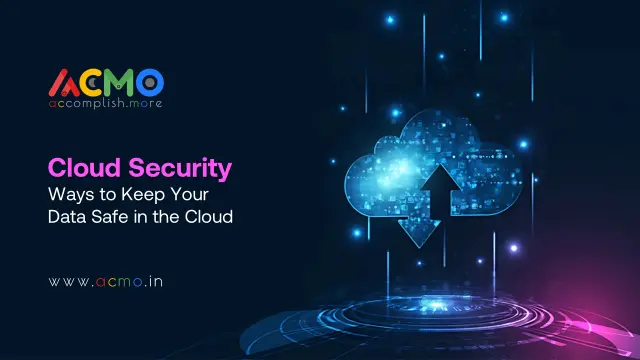Top 10 Features Every POS System Should Have.
Point of Sale (POS) systems refer to the broader process of transactional areas where customers pay for whatever they have purchased, due to the rapid tech boom, it has integrated a lot many new features within it, which have become crucial for it. Initially, it was done through cash registers, receipts, etc. But now predominantly it has been replaced by electronic cash-accepting machines. POS is essential for modern businesses, streamlining operations and enhancing customer experiences. A robust POS system can make a significant difference in efficiency and profitability.
Now let us dwell deep into the top 10 features that every POS system should have:
1. User-Friendly Interface
The POS system should be an easy-to-use system for all. Its navigation should not feel a burden on either the employees or the users. Having an easy navigation interface is crucial. Employees should be able to learn and use the system quickly, reducing training time and minimizing errors during transactions. Customers should also feel comfortable while doing transactions so that both time and cost are easily saved.
2. Inventory Management
Efficient inventory management is considered to be vital for continuity in a smart business project. A reliable POS system should reveal all the credible information to you so that you can take the necessary action as soon as possible. POS becomes essential for maintaining stock levels, preventing overstocking or stockouts, and managing suppliers. A good POS system should track inventory in real time, generate alerts for low stock levels, and provide detailed inventory reports.
3. Sales Reporting and Analytics
The more organized your POS system is, the better reporter it can become for you. A POS system should offer customizable reports, sales summaries, and detailed analytics on customer behavior and product performance. Doing so can prove efficient for your business because it can provide you with comprehensive sales reporting and analytics. That in turn can help you understand your business performance, identify trends, and make informed decisions.
4. Customer Relationship Management (CRM)
Customer personalization matters, especially when you know you are gradually scaling high. The more you are aware of your customer purchase history, preferences, and contact information, the easier the management can be for you. POS can have an inbuilt CRM feature that can allow you to utilize the saved data. That data can be used to personalize marketing efforts, improve customer service, and build loyalty programs.
5. Multi-Channel Integration
The rapid expansion of technology makes everything small and connected. Access to a standard POS system will allows you to integrate seamlessly with online stores, mobile apps, and other sales channels. This dynamic integration experience ensures a consistent and unified customer experience across all platforms. It set convenient experience for both the dealer and the purchaser.
6. Employee Management
The scale of your business determines a lot. If you are a medium to a large-scale unit, it means you need efficient management of staff. A POS system should include features like employee clock-in/clock-out, sales performance tracking, and role-based access controls to monitor and optimize workforce productivity. This tracking and monitoring can also allow you to watch areas/employees that are underperforming, and you can set solutions for it accordingly.
7. Secure Payment Processing
Security is paramount when handling transactions. A POS system supports various payment methods (credit/debit cards, mobile payments, etc.). It also complies with industry standards that allow it to protect customer data and reduce fraudulent attempts.
8. Loyalty Programs and Promotions
A POS system can help you increase sales and strengthen your position in the market. It allows businesses to create and manage loyalty programs, offer discounts, and run promotional campaigns easily. Not having this feature may strongly impact your sales position and marketing strategy, even if you may have other features available.
9. Offline Mode
A reliable POS system should be able to function even without an internet connection. Being able to work in an offline mode ensures that sales can continue uninterrupted during network outages, with data syncing automatically when the connection is restored.
10. Scalability and Customization
As businesses grow, the POS systems should be able to scale with them. Rather than investing frequently, make sure you invest one time but the best. Look for a POS system that offers scalable solutions, customizable features, and third-party integrations to meet evolving business needs. The more dynamic your POS system is, the better you can scale.
Conclusion
The final words that one can say is that choosing the right POS system is crucial for the success of any business. By ensuring it has at least integration of the above-mentioned features, can allow businesses to improve efficiency, enhance customer satisfaction, and drive growth. Investing in a feature-rich POS system can provide a competitive edge and support long-term success. Thus, your business can scale heights easily with an integrative POS system.
Keywords



